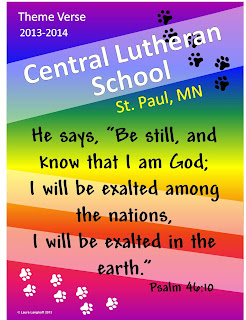Just showing a map for a few moments does not create a memory of it. The only way to make these areas real to kids is to give them enough interaction with maps that they can create pictures of the areas in their minds. The easiest way to have the kids interact with them is to give them blank maps, let them label and color appropriate areas (tell them which colors to use where or you'll get some crazy looking maps). To assess them project the blank map on whiteboard and let the kids use white board markers to label it. They love writing on the white board! The key then is to make sure they have to look at them over and over again so you'll need to refer to them as you teach. When you talk about events happening in the Bible be SURE to have them grab their map to see where the event is taking place.
 |
| Scripture Truth Book Co. |
Try these resources for maps. I tried to find some blank ones but I couldn't find any so you might have to print one and use a bottle of White-Out on it.
- Bible Bingo Maps (online resource)
- Bible Bing pdf version (online resource)
- Free Bible Maps (this is an amazing online site for resources!)
- The Complete Bible Map System a CD-ROM from CBMS (has slides and handouts but I don't know if any are blank)
- Rose Book of Bible Charts, Maps, and Timelines (reproducible)






